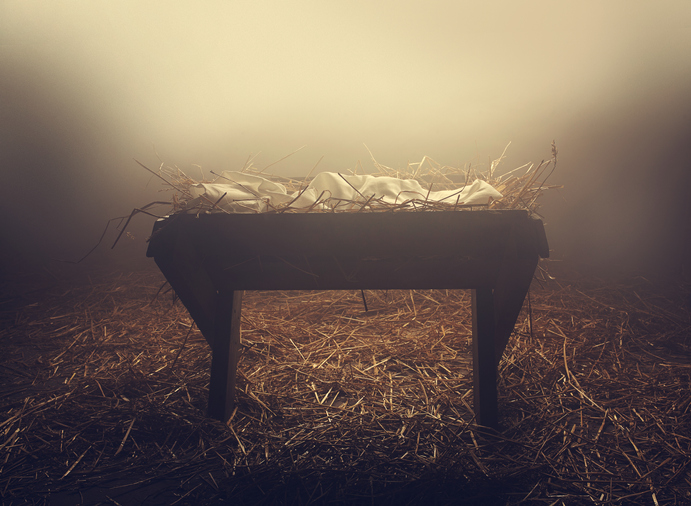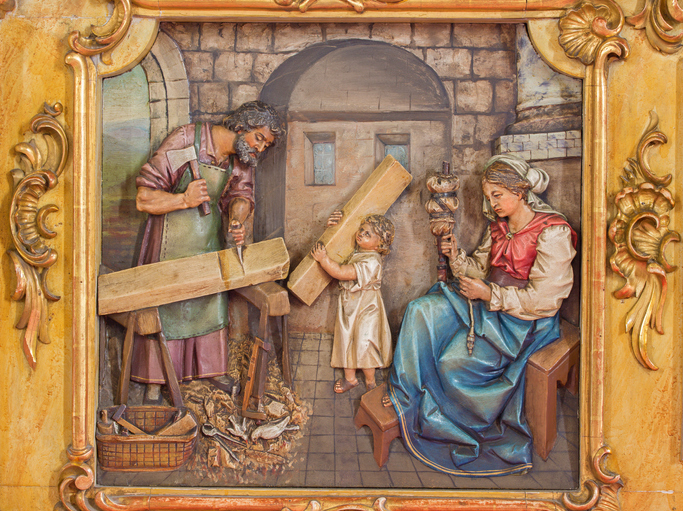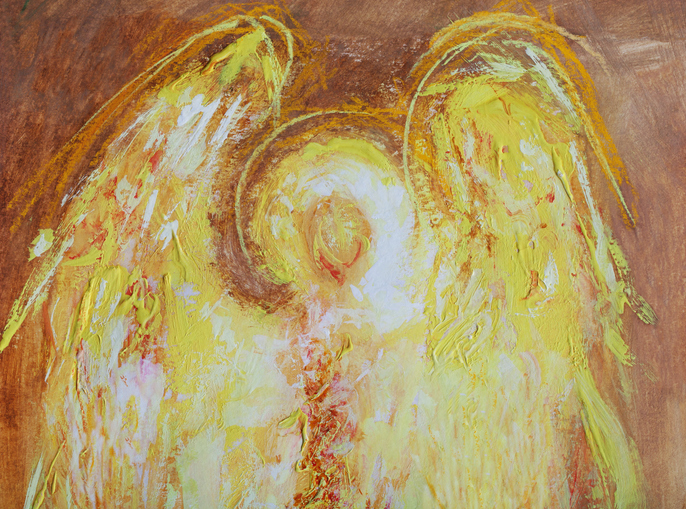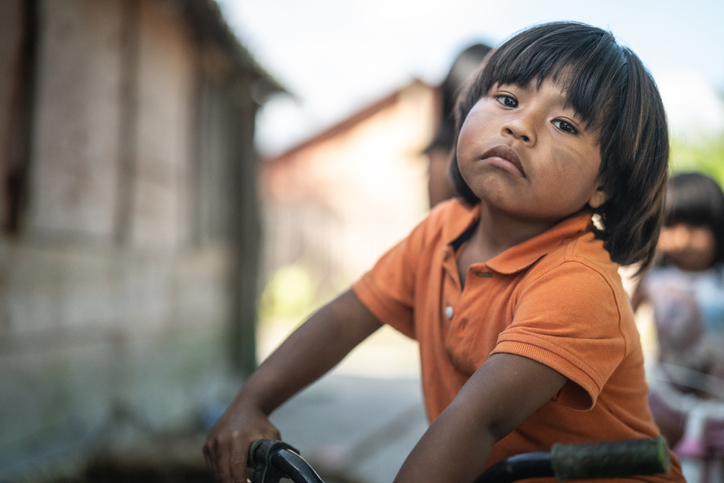“John answered them, I baptize with water, but there is one among you whom you do not recognize, the one who is coming after me, whose sandal strap I am not worthy to untie.”
Each of the four gospels emphasizes John’s assertion that he is not the Messiah. It is helpful to look back historically and understand the Jewish context. While some of the more zealous of the Jews were looking for a political Messiah who would lead a military overthrow of the Roman leaders, the majority of the Jewish people were looking for a restoration of Israel in a new exodus. They were looking for a new Moses who would intercede for them in the making of a new covenant with God and lead them to a new promised land where the temple would be restored.
It was important both while John was alive and for those who followed his teachings even after his execution, that the Jewish people understood that John was not the Messiah. John’s importance was in pointing the way to Jesus. John’s role is just as important today.
Who pointed the way to Jesus for you? What was it about them that helped you to fall in love with Jesus? How did your relationship with them lead you to build a relationship with the one who created you and loves you beyond all understanding?
Just as God, who is love, created us because love desires to pour itself out to another so too, as we grow in love with Jesus Christ, our love desires to pour itself out to others. It isn’t really love if we are content just to hold it all inside. We are called to be like John the Baptist, we are not the way, but we can point to the one who is the Way, the Truth, and the Life.
So how do we do that? What is it about us, which points others to the love of Christ? What is it about our relationships with others that will lead them to build a relationship with Jesus Christ? How do we help others make straight the way of the Lord? How are we the voice crying out in the desert of our current culture? These are questions we each have to answer for ourselves.
It is the reason that God created you to be you, just as you are. He has a plan for you to be the arrow pointing someone else back to Him. You might be a big, flashing neon light complete with music. You might be a quiet candle in the window. You might be a patched up sign that shows the effects of time and wear. You might be a silent whispered prayer interceding for someone who doesn’t even realize they need intercession. Wherever you are, whoever you are, you were created just as you are for a purpose, and that purpose is to use your talents to build the kingdom of God in a way that one else ever created can.
As we start this new decade, what if we all became a little more conscious of how and where we are pointing? What if we became a little bit truer to ourselves and to who God created us to be? What if we remembered that we are not called to be the way, but only to point to the way? Because Jesus Christ fulfilled the prophecies. He is the new Moses interceding for us to the Father. He leads us out of ourselves into the light of His love. The promised land isn’t some far off place, but is alive and well here and now when we live in His grace. The rebuilt temple isn’t just one place but exists in each of our hearts. Because in the beginning, God created you out of love to love, and life doesn’t get much better than that.

Sheryl delights in being the number 1 cheerleader and supporter for her husband, Tom who is a candidate for the Permanent Diaconate in the Diocese of Kalamazoo. They are so grateful for the opportunity to grow together in this process whether it is studying for classes, deepening their prayer life or discovering new ways to serve together. Sheryl’s day job is serving her community as the principal for St. Therese Catholic School in Wayland, Michigan. Since every time she thinks she gets life all figured out, she realizes just how far she has to go, St. Rita of Cascia is her go-to Saint for intercession and help. Home includes Brea, a Bernese Mountain dog and Carlyn, a very, very goofy Golden Retriever.














